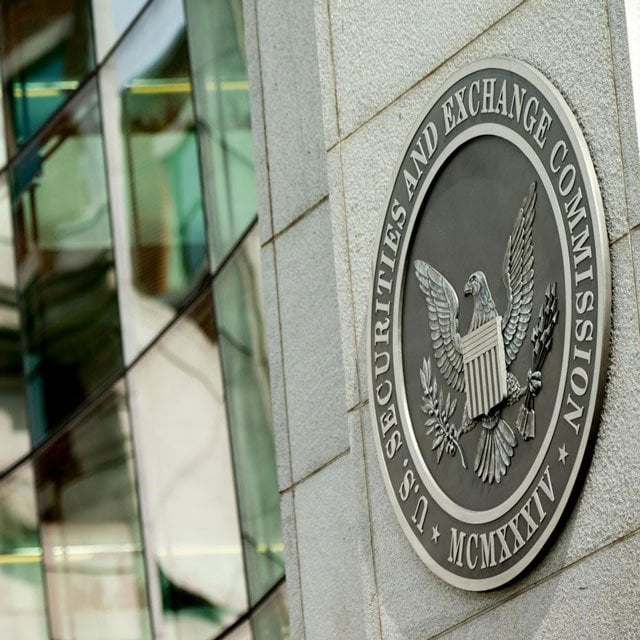Understanding the SEC’s Enforcement Action Against WisdomTree: A Lesson in Transparency for Investment Advisers
In the complex world of finance, trust and transparency are paramount. The recent enforcement action taken by the U.S. Securities and Exchange Commission (SEC) against WisdomTree serves as a critical reminder of the fundamental principles that govern investment advisers. As articulated by Sanjay Wadhwa, the acting director of the SEC’s Division of Enforcement, the core tenet of federal securities laws is clear: investment advisers must do what they say and say what they do. This principle is not merely a guideline; it is a legal obligation designed to protect investors and maintain the integrity of the financial markets.
The Importance of Adherence to Investment Criteria
Investment advisers are expected to adhere strictly to the investment criteria they publicly endorse. When firms like WisdomTree make representations about their investment strategies—whether committing to avoid certain sectors or emphasizing ethical investment practices—they must follow through on those commitments. Wadhwa emphasized that when advisers claim they will follow specific investment criteria, they must not only adhere to those criteria but also disclose any limitations or exceptions transparently. This expectation is rooted in the belief that investors deserve to know how their money is being managed and what risks they may be exposed to.
The Case Against WisdomTree
The SEC’s action against WisdomTree highlights a significant breach of this principle. According to the SEC’s findings, WisdomTree engaged in investment practices that contradicted the expectations set forth in their disclosures. Investors were led to believe that their funds would be managed according to specific ethical guidelines, yet the reality was starkly different. The funds in question made investments that were not only unexpected but also contrary to the representations made by WisdomTree. This discrepancy between what was promised and what was delivered is a clear violation of the antifraud provisions of the Investment Advisers Act of 1940 and the Investment Company Act of 1940.
Consequences of Non-Compliance
In response to these violations, WisdomTree consented to a cease-and-desist order and accepted a censure from the SEC. Importantly, the firm neither admitted nor denied the SEC’s findings, a common practice in such settlements. However, the financial repercussions were significant: WisdomTree agreed to pay a civil penalty of $4 million. This penalty serves not only as a punishment for the firm but also as a deterrent to other investment advisers who may be tempted to mislead investors or stray from their stated investment strategies.
The Broader Implications for the Investment Community
The SEC’s enforcement action against WisdomTree sends a strong message to the investment community about the importance of transparency and accountability. Investment advisers must recognize that their words carry weight and that failing to uphold their commitments can lead to severe consequences. The case underscores the necessity for firms to implement robust compliance measures and to foster a culture of integrity within their organizations.
Conclusion: A Call for Ethical Practices
As the financial landscape continues to evolve, the principles of honesty and transparency remain timeless. The SEC’s actions against WisdomTree serve as a crucial reminder that investment advisers must not only articulate their strategies clearly but also adhere to them faithfully. Investors place their trust in these firms, and it is the responsibility of advisers to honor that trust through ethical practices and transparent disclosures. As the SEC continues to enforce these fundamental principles, the hope is that the investment community will take heed and prioritize the interests of investors above all else.

